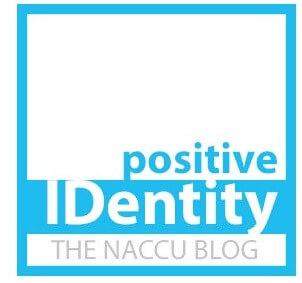The Hidden Value of Campus Card Offices in Crisis Management
The Hidden Value of Campus Card Offices in Crisis Management
When we think of campus card offices, we often picture photo IDs, meal plan setups, and electronic access to buildings. But behind the scenes, these offices play a powerful, and often underutilized, role in campus crisis management.
Campus card systems are deeply embedded in the daily lives of students, faculty, and staff. Every swipe, tap, or scan generates data that can be critical during emergencies. Whether it’s a missing student, a campus lockdown, or a public health crisis, card offices can provide real-time insights and operational control.
If you work in the card office, then you know the capabilities and information that you can manage through the campus card. Some of these include:
- Help locate individuals quickly.
- Identify who was in a building during an incident.
- Track movement patterns that may signal distress or isolation.
- Lock down buildings during active threats.
- Grant emergency access to first responders.

But have you considered what else is involved in crisis management and how you should be prepared?
During the NACCU Near You event at Babson College, a powerful presentation highlighted the college’s crisis response during the Boston Marathon bombing on April 15, 2013. Though the incident occurred off campus, it had a direct impact on students, faculty, staff, and the surrounding community.
Here are some of Babson’s immediate priorities and actions within the first 1-2 hours:
- Threat Assessment - Evaluating health, safety, and security risks.
- Emergency Notifications - Using systems like Send Word Now and RAVE.
- Physical Security Measures - Lockdowns and shelter-in-place protocols.
- Activation of Crisis Response Teams - Including executive leadership.
- Deployment of Public Safety Personnel - Including support in Boston.
- Coordination with Local Authorities - Providing transportation and resources.
Babson also faced significant communication hurdles:
- Network and Cell Service Disruptions - Cell towers in Boston were shut down.
- Web and Phone System Overload - Capacity issues impacted outreach.
- Access Restrictions - Vendors, contractors, and dining staff were affected.
- Operational Impacts - Class schedules, events, and campus transit were disrupted.
- Satellite Campus Considerations - Including cross-registered students.
- Family and International Student Support - Managing inquiries and concerns.
- Social Media Management - Monitoring and responding in real time.
While the Boston Marathon didn’t happen on campus, it affected students, faculty, staff, and the community. They learned that it is important to be prepared to respond when a crisis happens, even if it isn’t directly on campus.
As a campus card office, some things to consider having in place before there is an emergency at your campus are:
- What happens when the network goes down? Will card readers and plans work on your campus?
- If your campus card is mobile, what will be the protocol if the cell towers are jammed or down?
- Who determines if/when there should be a lockdown and who “pushes the big red button”? Has this been tested?
- During a lockdown, what personnel or emergency responders get access and how?
- Do you have an emergency notification system? Has it been tested?
- Understand technology capabilities and challenges
- Card system offline capabilities, webpage, phone systems, data availability and accountability
One of the key lessons from Babson College is the importance of including the campus card office in your institution’s emergency planning. Card offices provide essential functionality that can impact students, staff, and emergency responders during a crisis.
Having a plan in place and being part of the broader crisis response strategy can help your team navigate high-stress situations more effectively. The time to prepare is now.
